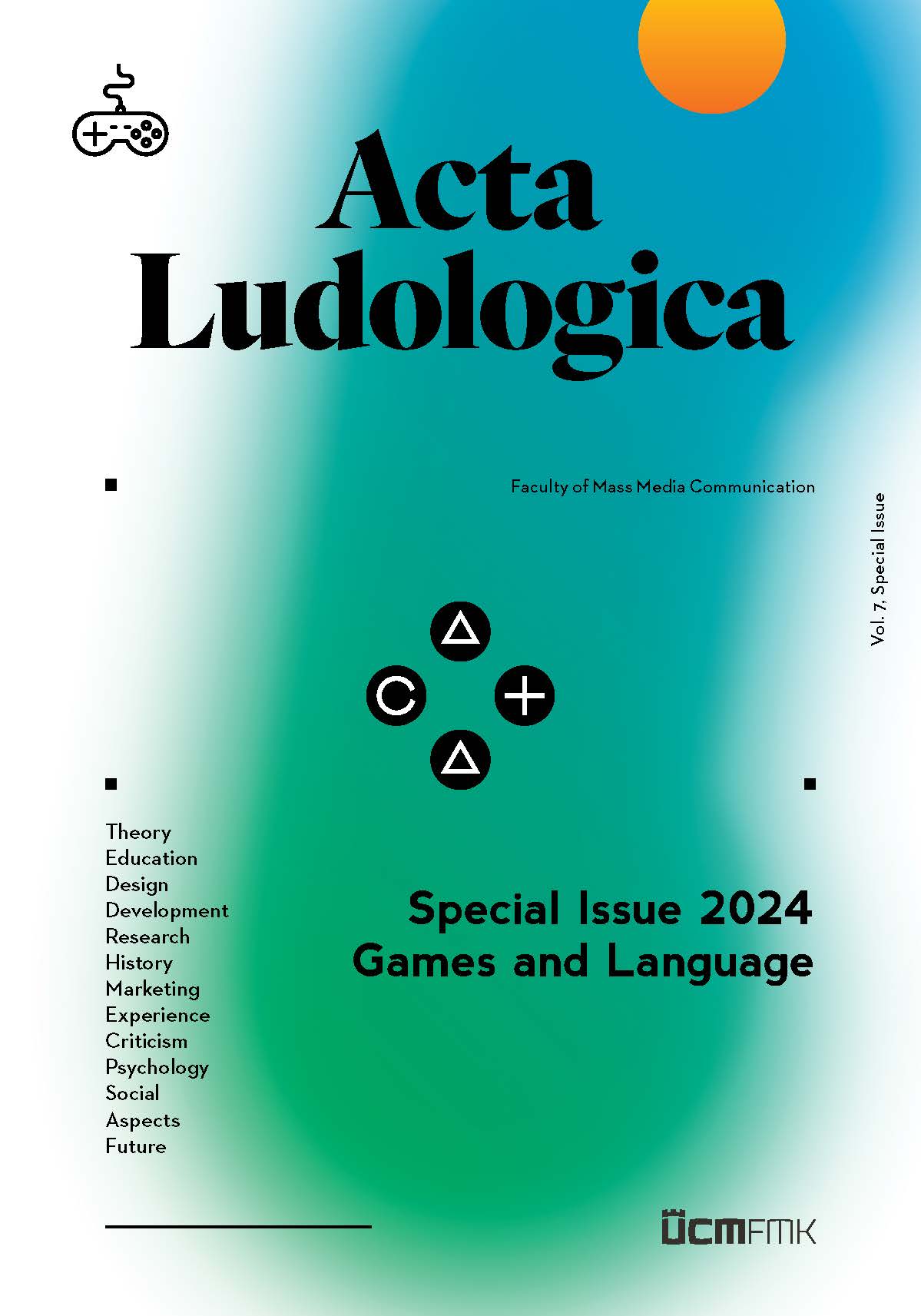Daniela De Angeli
ABSTRACT:
Escape rooms are increasingly popular all around the world. Due to their popularity, we are also seeing more variations in concept, form, and aim. For example, nowadays we can engage with physical, digital or mixed escape rooms. Escape rooms are also developed for a range of purposes beyond entertainment, including to broadcast a message, train, and/or exchange data. However, past research on escape rooms has focused mostly on analysing physical versions or on investigating if and how escape rooms can educate players. This paper aims to overcome these gaps by exploring how escape rooms (digital, physical or mixed) can be designed for a variety of purposes beyond entertainment. Hence, this paper offers two main contributions: a definition of escape rooms with a purpose and a framework that can be used to both design and analyse escape rooms with a purpose. The framework is initially implemented based on a literature review in the fields of serious games, escape rooms and puzzle design. Its efficacy is then tested through the analysis of three escape rooms with a purpose. Following this analysis, the framework is finalised to include the following key design elements: concept/idea; stakeholders (target players and others); purpose; goal/winning condition; equipment; theme; narrative (puzzle organisation and storytelling methods); puzzle design; and evaluation.
KEY WORDS:
design, education, escape room, game, location, methodology, narrative, serious games.
DOI:
10.34135/actaludologica.2024-7-1.108-134

